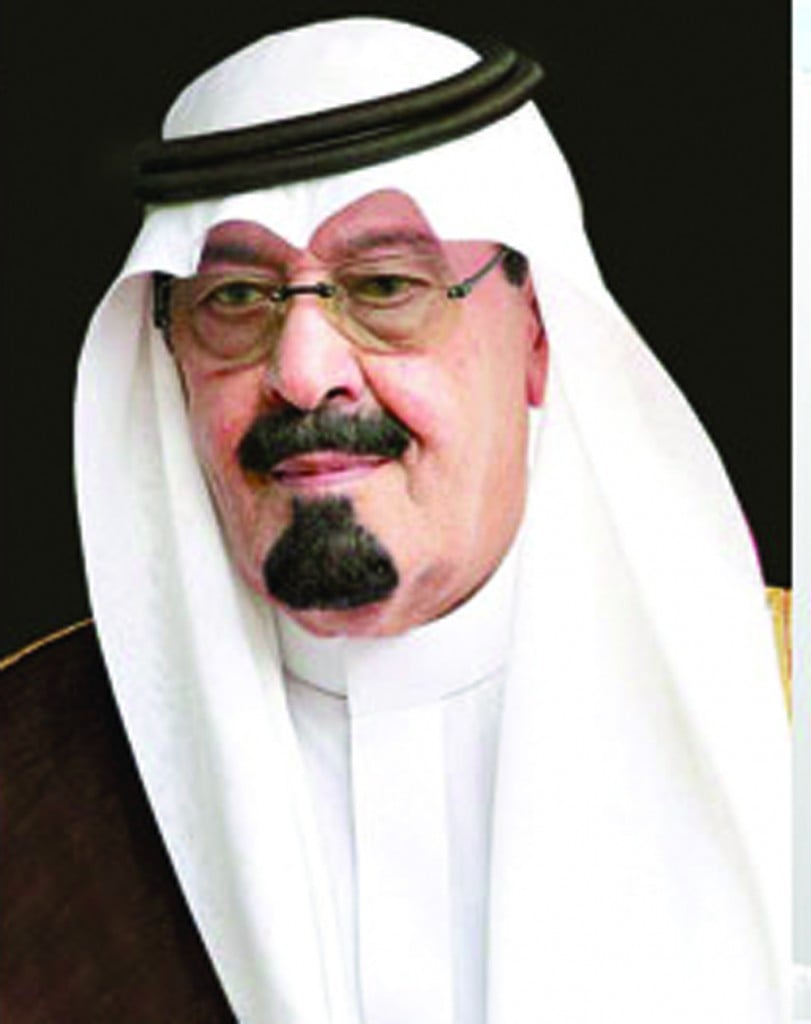By Mehmood-Ul-Hassan Khan
Diplomatic surge is at its peak in Saudi Arabia. Emerging geo-political and geo-strategic trends has forced its leadership to play a contributory and supportive role in Gulf Cooperation Council (GCC) and Middle East region. It extended its financial support to many countries in the GCC and MENA. It offered its diplomatic support to Sudan, Egypt and even Yemen to reach at any amicable solution.
Saudi Arabia’s joint venture with UAE to help Bahrain by sending troops in recent times has changed the security dynamics of the region. It encouraged strategic expansion of the GCC by allowing Jordan and Morocco to join the GCC-6. All these proactive endeavors of Saudi Arabia have succeeded to create strategic equilibrium in the region.

Saudi Arabia’s foreign Policy Comparative Study
Right from the beginning Saudi Arabia has been following neutrality and passive foreign and regional policies. The Yemen War in the late 1960s, the Arab oil embargo of 1973 and the last but not the least the Camp David Accord with Israel in 1978, Saudis have always been keen to keep a low profile in the regional power politics. Even the Iranian revolution in 1979 could not change its foreign policy strategic priorities.
The Soviet Union invaded Afghanistan in 1979 brought drastic change in Saudi Arabia’s foreign policy and it pledged to support the Afghan Mujahideen to expel the invaders. The Iraq-Iran war 1980 established, Saudi Arabia’s mediatory role in the regional power politics. Saddam Hussain misadventure to Kuwait 1990 forced Saudis to request for international force to intervene and defuse the tensions. In 1990s, Saudi succeeded to play stabilizer role in the region through the Syrian-Egyptian-Saudi tripartite axis.
The 2000s brought tremendous changes in its national priorities, regional commitments and international vested interest. The tragic episode of 9/11 and the US invasion in Iraq (2003) and afterward military engagement in Afghanistan (2002) raised levels of discomfort and disharmony between the USA and Saudi Arabia. The leadership of the Saudi Arabia introduced “Dialogue between the Civilizations” for achieving greater peace and harmony in the world. Now during the ongoing so-called Arab Spring the Saudi Arabia government initiated meaningful policy measures and adopted a more predominated role in the region which showed its displeasure.
Saudi Arabia leading role for the protection of Bahrain national sovereignty was the paradigm shift in its regional as well as foreign policies. It had far reaching regional geo-political and geo-strategic repercussions. Self-defence is the best defence and disharmony among the friends always brings destruction. In case of Bahrain the government of Saudi Arabia filled the power vacuum and conveyed a strong message to infiltrators to stay away from any misleading posture.
Moreover, the successful operation of the Saudis in Bahrain reestablished its leading position and status in the GCC and the Middle East region. It is hoped that it would create a new balance of power in the region.
Most recently divergence levels between the Saudis and the Americans widened again on the issue of Palestine. Prince Turki al-Faisal, a former Saudi ambassador to the US warned the US against vetoing the proposed Arab bid for UN recognition of a Palestinian state in September 2011. He was of the opinion that such a move would have disastrous consequences on the US-Saudi relations. He promised to extend all political, moral and diplomatic support for a Palestinian cause. King Abdullah initiated the Arab Peace Initiative in 2002 which called for an end to the conflict based on land for peace.
Saudi Arabia’s extended Financial Support
Recently, the King Abdullah’s announced US$130 billion (Dh477.45bn) package in the country which hopefully will bring greater socio-economic prosperity and welfare. Saudi Arabia is also extending financial assistance to the GCC states. 3 million barrels of oil to Yemen of worth some $300 million; $10bn promised to each of Bahrain and Oman; $4bn to Egypt; and $400m to Jordan shows its larger commitment towards the prosperity, integrity and collaboration with the GCC and MENA region.